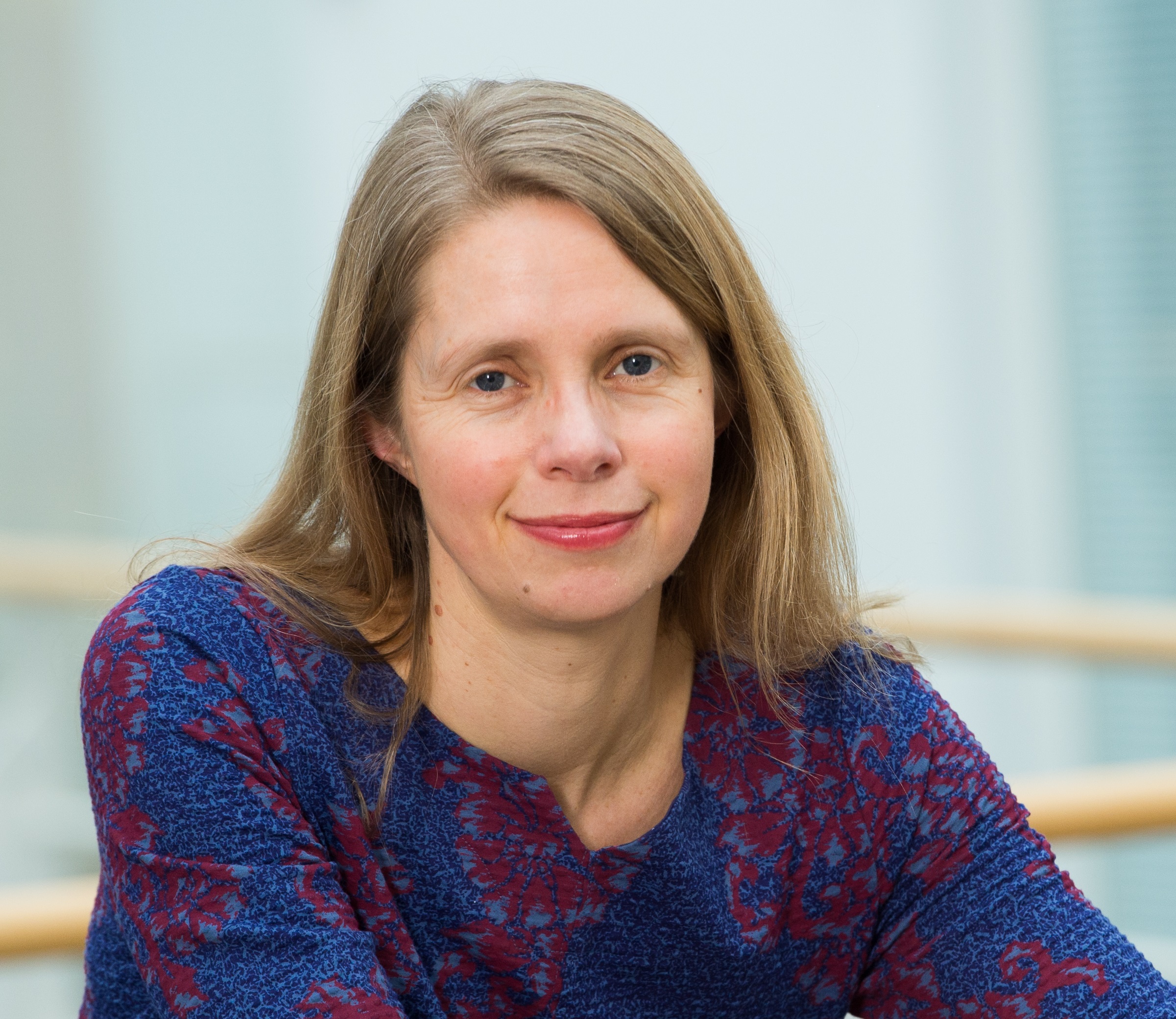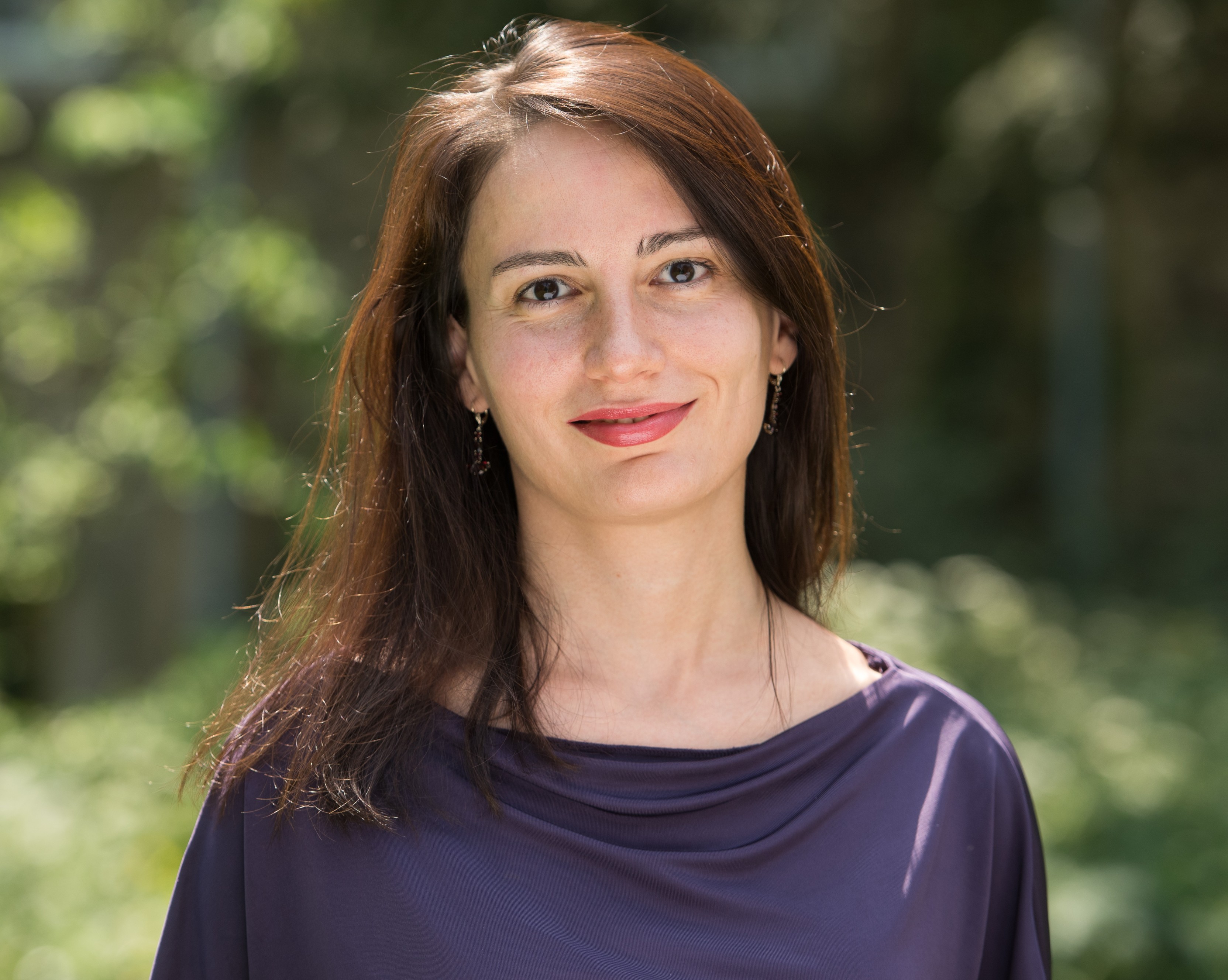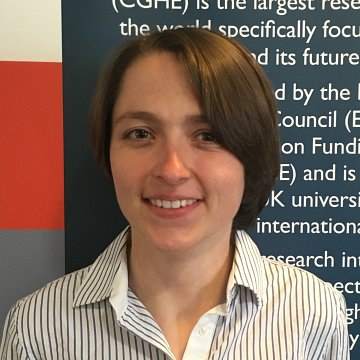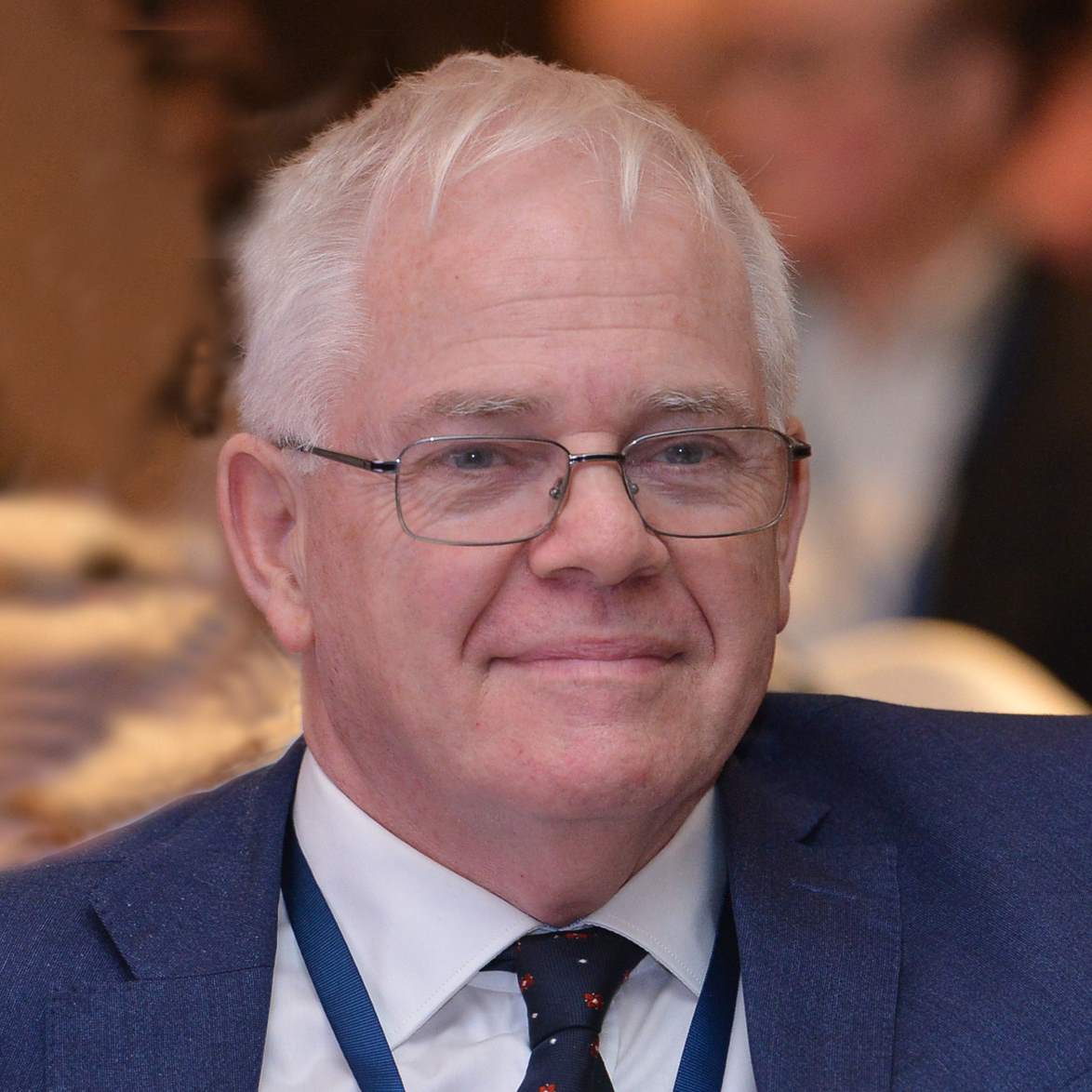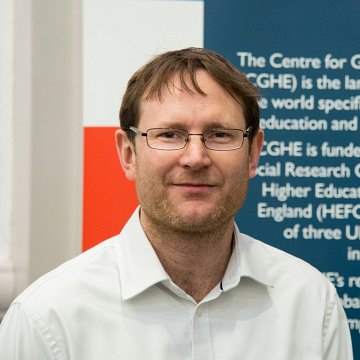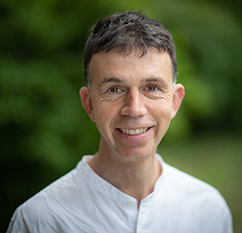CGHE series on international and global higher education – seminar 4: Similarities and differences

Listen to the seminar here.
<a title="VIEW SIMON MARGINSON'S SLIDES” href=”/wp-content/uploads/migrate/cghe-internatonal-and-global-seminar-four-22-jan-2020.pdf”>VIEW SIMON MARGINSON’S SLIDES
What is the international or global space in higher education and how do we understand it? Scholar-researchers apply a range of disciplinary lenses and methods. Geography plays a key role in many but not all studies of student mobility or global science. Others analyse these dynamics through an economic or policy studies or linguistic frame. Some are hunting for an elusive universal perspective, others are very mindful of national or cultural differences. Some are especially attentive to the challenges facing education in emerging countries. Some look for signs of their own country everywhere they look, others are fascinated by what they see as foreign exotica, others are post-colonial. Many who research ‘internationalisation’ as student mobility and other cross-border connections, or work on ‘global competences’, don’t necessarily research comparative education in a rigorous manner, or take account of the literature on development education. The interesting and productive differences between an ‘international’, ‘comparative’ and a ‘global’ perspective are rarely discussed.
These differences shape the contents and impacts of higher education research and scholarship. The contrary knowledge produced in this field shapes our global imagining in fragmented ways – is the diversity always fruitful? Should we work to develop a common view? This series will explore six different approaches to imagining and investigating international higher education, highlighting similarities and differences between them, and drawing the participant audience into active discussion.
The CGHE Seminar series on international and global higher education concludes with a panel discussion with all six speakers from our previous three seminars: Rachel Brooks, Maia Chankseliani, Ariane de Gayardon, Simon Marginson, Tristan McCowan and David Mills. The chair is Alis Oancea from the University of Oxford.
Details of other seminars in the series here.
How should we understand international and global higher education – who is right, who is wrong and what do YOU think?
PANEL: Rachel Brooks, Maia Chankseliani, Ariane de Gayardon, Simon Marginson, Tristan McCowan and David Mills
Fields of knowledge are a swirling, fluid and ever-changing combination of different ideas, old and new, with overlaps and breaks between them. The final seminar in our series brings together the six speakers from the preceding weeks into a panel format where they will exchange with each other and with an active participant audience. Speakers will each succinctly summarise the perspectives, frameworks and theories with which they understanding international and global higher education, noting the similarities and differences between them. Two members of the participant audience who have been active in discussion in the preceding weeks will comment and the discussion will flow from there.

